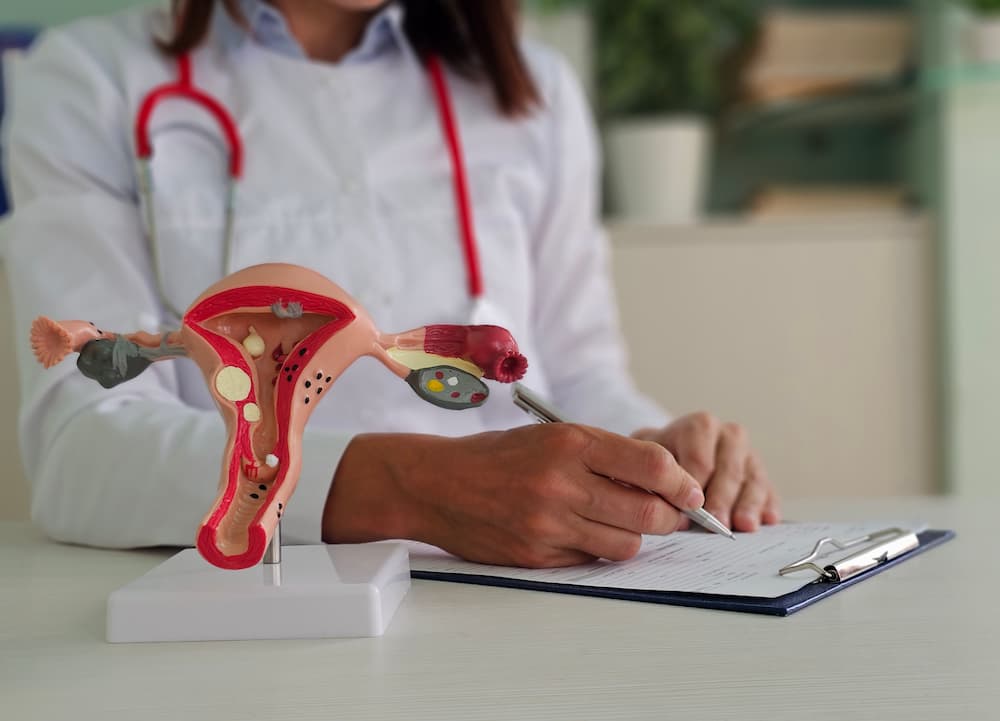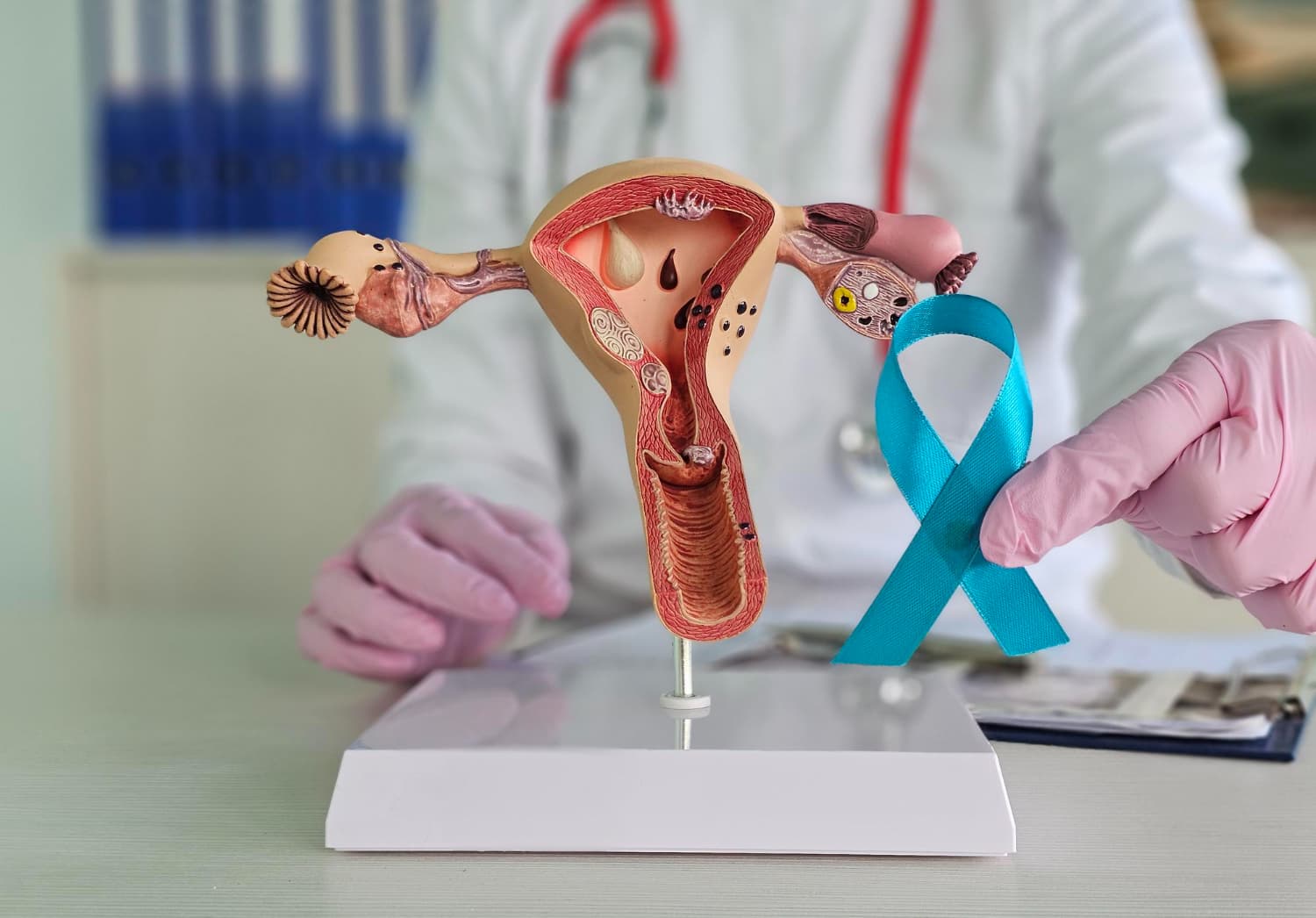
PCOS Awareness Month
Polycystic Ovary Syndrome (PCOS) affects millions of women worldwide and remains one of the leading causes of infertility. Every September, PCOS Awareness Month is observed to highlight the importance of early diagnosis, lifestyle changes, and medical treatment in managing this condition. For women struggling with symptoms of PCOS or facing difficulties conceiving, raising awareness can be life-changing.
At MedVoyage, we help patients access world-class fertility and gynecology care in India, where specialized doctors offer advanced treatment options at affordable costs.
What is PCOS?
PCOS is a hormonal disorder in which the ovaries produce higher-than-normal levels of male hormones (androgens). This imbalance disrupts ovulation, leading to irregular menstrual cycles, infertility, and sometimes the development of small cysts in the ovaries.
Common symptoms of PCOS include:
- Irregular or missed periods
- Excess facial or body hair (hirsutism)
- Weight gain or difficulty losing weight
- Acne and oily skin
- Hair thinning on the scalp
- Difficulty conceiving
Because symptoms vary from woman to woman, PCOS often goes undiagnosed for years.
Why PCOS Awareness Month Matters
PCOS Awareness Month serves as a reminder that this condition is not just about fertility- it can also increase long-term health risks. Women with PCOS have a higher likelihood of developing:
- Type 2 diabetes
- High blood pressure
- Sleep apnea
- Anxiety and depression
- Endometrial cancer
Awareness encourages women to seek medical help early and empowers families to support those dealing with PCOS.
Can PCOS Be Treated?
While PCOS cannot be cured completely, it can be effectively managed with lifestyle changes and medical treatment.
Lifestyle Adjustments
- Diet: A balanced diet rich in whole grains, lean protein, and low in processed sugars helps regulate blood sugar levels.
- Exercise: Regular physical activity aids in weight management and improves insulin sensitivity.
- Stress management: Practices like yoga and meditation can help regulate hormones naturally.
Medical Treatments
Doctors may recommend:
- Medication to regulate periods (birth control pills, progestin therapy)
- Fertility treatments (such as ovulation induction or IVF) for women who want to conceive
- Metformin to manage insulin resistance
- Cosmetic treatments for excessive hair growth or acne
PCOS and Fertility: What You Need to Know
For many women, the most distressing impact of PCOS is infertility. Since ovulation is often irregular or absent, conceiving naturally can be difficult. However, with the right support and medical care, many women with PCOS go on to have healthy pregnancies.
Treatment options for infertility include:
- Ovulation induction with medications
- Intrauterine insemination (IUI)
- In-vitro fertilization (IVF) for more complex cases
India is recognized as one of the leading destinations for IVF and fertility treatments due to its advanced medical infrastructure and experienced specialists. Through MedVoyage, patients can access personalized PCOS and fertility treatment plans tailored to their needs.
How MedVoyage Supports Women with PCOS
At MedVoyage, we understand the emotional and physical challenges PCOS brings. That’s why we connect patients with top fertility and gynecology centers in India, where doctors provide:
- Comprehensive PCOS diagnosis and management
- Affordable IVF and fertility treatments
- Nutritional counseling and lifestyle support
- Compassionate care throughout the treatment journey
Takeaway
This PCOS Awareness Month, let’s remember that early diagnosis and proper treatment can make all the difference. PCOS may be a lifelong condition, but with the right medical support, women can manage their symptoms, protect their long-term health, and achieve their dream of motherhood.
If you or a loved one is struggling with PCOS, MedVoyage can help guide you toward world-class care in India
Living with PCOS: Lifestyle and Emotional Health
Beyond medical treatments, women with PCOS often benefit from lifestyle adjustments such as balanced nutrition, regular exercise, and stress management. These changes not only help regulate weight and improve insulin resistance but also support emotional well-being, which is equally important in managing PCOS. Support groups and counseling can make a big difference, helping women feel less isolated and more empowered in their journey toward better health.


